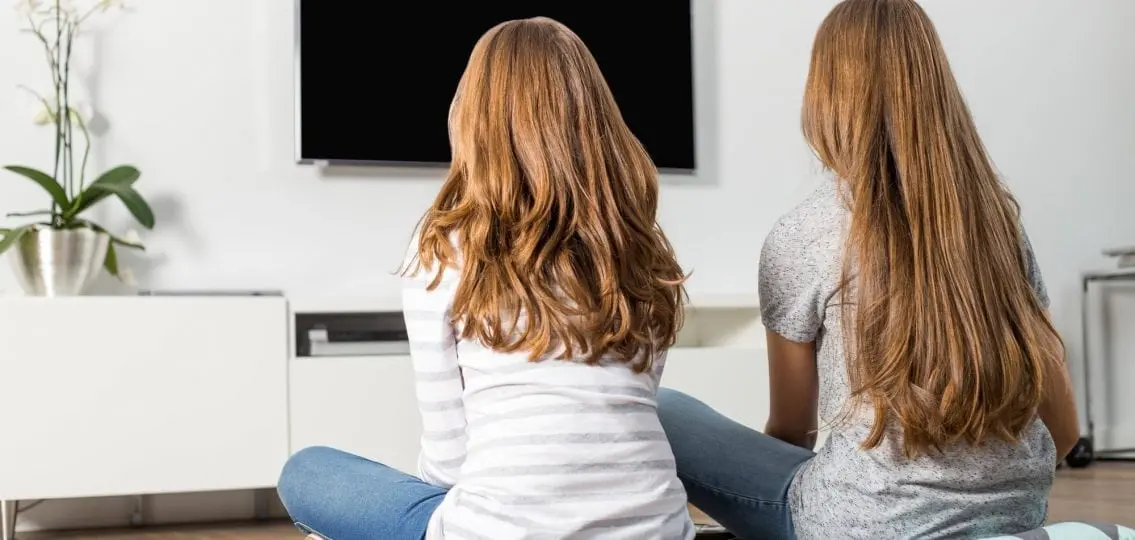Netflix just announced that it has renewed its hit show “13 Reasons Why” for two more seasons. And, if this season is anything like the first two, it’s likely teens will be glued to their screens as they stream the latest in the series.
But, while they may be eager to line up a few hours of alone time with their tablets and the students of the show’s Liberty High School, Kathryn Falbo-Woodson, a clinical social worker and president of the board of directors of the North Carolina chapter of the American Foundation for Suicide Prevention, says not so fast.
The Controversy Surrounding 13 Reasons Why
Mental health and suicide prevention experts are warning parents that the show is rated for mature audiences for a reason. Teens with mental health issues and those who have had suicidal thoughts or attempts should steer clear, they recommend.
On the positive side, suicide prevention experts say the show brings attention to real struggles that teens face on a regular basis, including suicide, which is on the rise among young people. Teen and young adult suicides have more than tripled since the 1940s, according to the Centers for Disease Control and Prevention.
Of concern, however, The Journal of the American Medical Association(JAMA) reported a spike in searches for terms such as “suicide” after the first season launched last year. Experts also worry about the show’s “contagion” effect. Exposure to suicide or suicidal behaviors can increase those activities in others, especially in teens, the U.S. Department of Health and Human Services says.
Parental Guidance Required
And that’s exactly why parents need to watch the show together with their kids, said Falbo-Woodson, who has two teens of her own.
“If this series is viewed without some parental guidance and some kind of conversation around it, it could open the doors to contagion effect,” she said. “We know it’s real. We’ve seen it happen. Teens are very impressionable, especially vulnerable teens.”
Falbo-Woodson, who watched the first season with her own teen son, has these tips for viewing the show together with your teen.
1. Do your research before you watch.
You’ll need to brush up on more than just teen suicide. Other themes could include sexual assault and a school shooting.
“The more prepared you can be,” Falbo-Woodson said, “the better off you’re going to be able to respond.”
The American Foundation for Suicide Prevention, which has worked with Netflix to provide more suicide prevention resources for viewers in the second season, has tips for talking to teens about suicide, including starting simply by asking, “Are you okay?” RAINN, the anti-sexual violence organization, offers tips for talking to teens about sexual assault.
2. Have open and honest conversations.
Teachable moments provide great opportunities to bring up complex topics with teens, and “13 Reasons Why” has plenty. As the storylines unfold, hit pause. Talk about each one.
“Really give them the space to talk,” Falbo-Woodson said. “Don’t be in a hurry. If you have noticed some things about your teen, recognize that too. If they are vulnerable, that’s something you want to talk about.”
While watching the show with her son, Falbo-Woodson asked open-ended questions.
“I was very honest in my reactions,” she said. “I’d say, ‘Oh my gosh, does that really happen in school?’ And he’d say, ‘Yep, this happens.’”
3. Don’t binge watch it.
“Binge watching is never good,” Falbo-Woodson said, especially “13 Reasons Why,” which offers up so many tough images.
“There’s just so many themes,” she said. “There’s just so much trauma that you want to unpack. You want to give them one message at a time.”
4. Don’t push it.
The show isn’t for everybody. Falbo-Woodson said her daughter had no interest in watching the first season. Her son eventually opted to watch it after he heard about it from friends.
“He was shell-shocked a little bit,” she said.
But, when Falbo-Woodson asked her son what his takeaway was, his answer was heartening. “People,” she remembers him telling her, “can be really mean and you should always be nice to people because you don’t know what they are going through.”
Later on, she would get a text from her son, who was worried about a substitute teacher at school who just seemed sad. Falbo-Woodson guided him on ways to help the teacher.
These aren’t conversations, she said, that would have happened a generation ago when mental health and suicide were taboo topics.
“Our kids,” she said, “are teaching us.”




